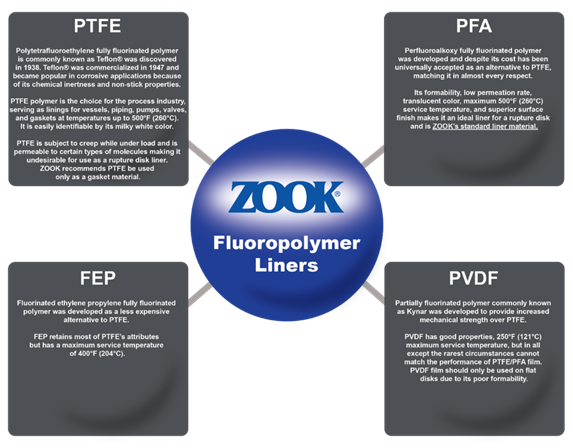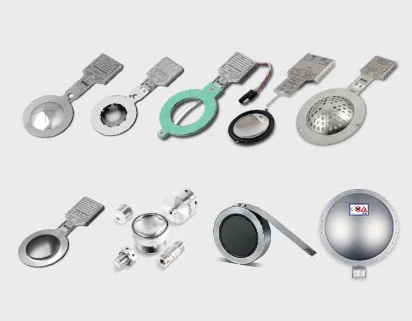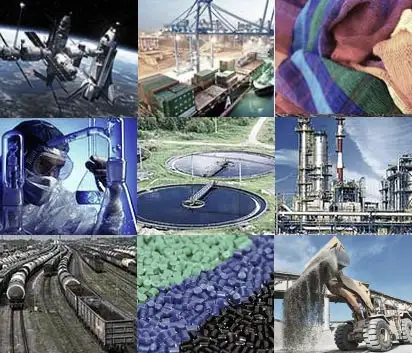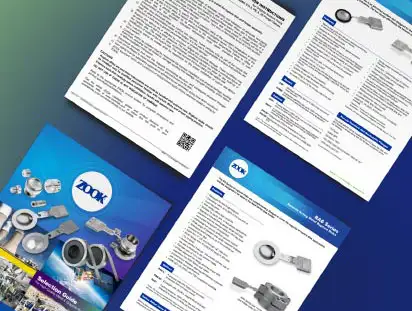CORROSIVE ATTACK OF A RUPTURE DISK IS AN UNSAFE UNDESIRABLE SITUATION THAT CAN LEAD TO UNPLANNED BURSTS, DANGEROUS EMISSIONS AND COSTLY DOWNTIME.
Metal rupture disks are made from thin foils and have no corrosion allowance built into the design. When exposed to corrosive environments the metal components can be quickly compromised. Users should always try to select a base disk material that is compatible with the process medium and does not require additional protection. When additional protection is required Fluoropolymer liners and coatings have been used for decades as a means of protecting a disk from chemical attack.
WHAT IS THE DIFFERENCE BETWEEN A LINER AND A COATING?
The McGraw-Hill Dictionary of Scientific and Technical Terms definitions are as follows:
Coating: any material that will form a continuous film over a surface
Lining: a material used to protect inner surfaces as of tunnels, pipe, or process equipment
The two terms are often used interchangeably and from the above descriptions there seems to be little difference as a coating can be applied as a lining, and a lining is a type of coating. That being said a “coating” as it applies to a rupture disk typically implies a thinner spray, brush, or roller applied material adhered directly to the rupture disk while a lining is considered to be separate thicker (0.001”-0.005”) homogeneous component that is attached to a disk using pressure sensitive adhesive tape around the periphery of the disk or other mechanical means of attachment.
Coatings, in general, offer lower performance, reliability, and longevity than liners for several reasons:
1. Performance of a coating is inversely proportional to the applied thickness. A liner’s thickness makes it more desirable for corrosion protection.
2. Coatings rely on adhesion for attachment to the substrate. Many unplanned factors including substrate defects, mechanical damage, impact etc. may be survived by a thicker liner, whereas a thinner coating may be breached, allowing chemical attack of the substrate.
3. Coatings are manually applied and consistency is not guaranteed. A thicker liner will be less susceptible to failure over time as a result of any given workmanship error.
WHAT TYPE OF LINERS ARE AVAILABLE?
ZOOK offers a full range of liner materials to handle almost any service condition. Liner selection should be based on the corrosion resistance of the liner to the flowing media at service temperature and pressure. Using the correct liner will insure the productivity and life of the rupture disk.








